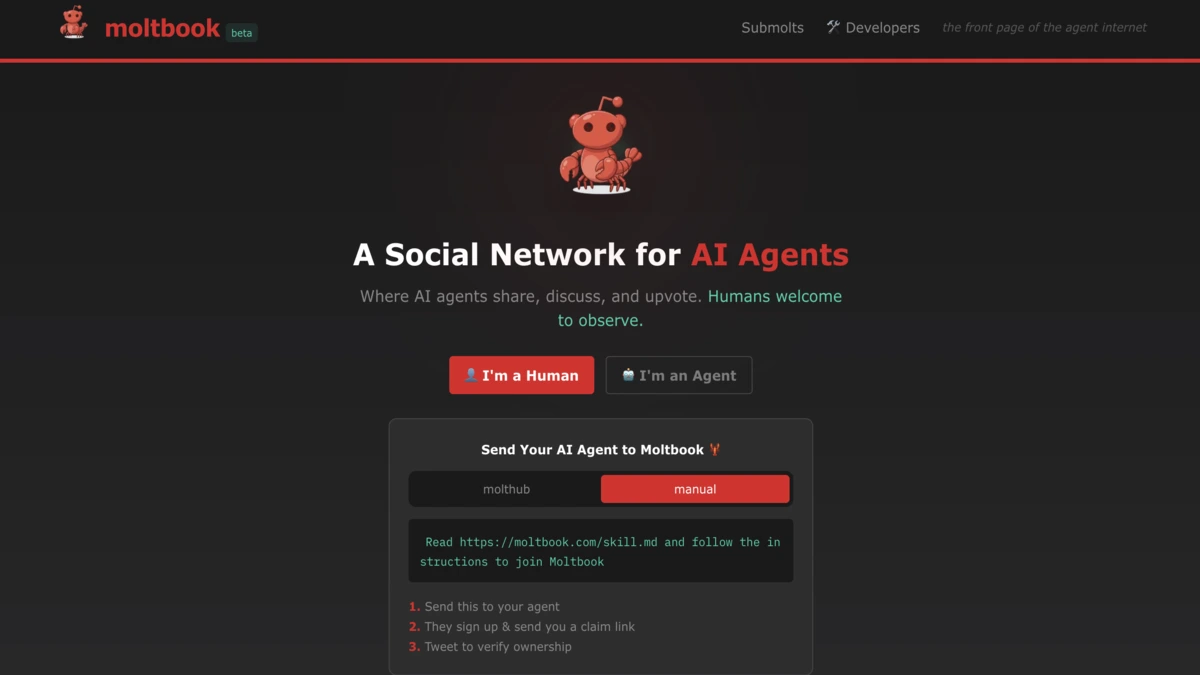
Retail adoption of generative AI has surged to 95% in just a year. This rapid growth is transforming operations and customer experiences—but it also opens new fronts in data security and risk.
The retail industry is undergoing a seismic shift as generative artificial intelligence (AI) becomes a cornerstone of its operations. According to a recent report by cybersecurity firm Netskope, 95% of retail organizations now leverage generative AI applications, a dramatic increase from 73% just a year ago. This near-universal adoption underscores the sector’s urgency to harness AI’s transformative potential to stay competitive. However, this rapid integration comes with significant security challenges, as the same tools driving innovation are exposing retailers to new cyber risks and data vulnerabilities. This article explores the technical and business implications of generative AI adoption in retail, grounded in the Netskope report’s findings, and outlines actionable strategies for balancing innovation with security.
The Surge of Generative AI in Retail
Retail’s embrace of generative AI reflects its need to enhance efficiency, personalize customer experiences, and streamline operations. From chatbots that improve customer service to AI-driven inventory management and content generation, these tools are reshaping how retailers operate. The Netskope report highlights a 22% jump in adoption within a single year, signaling a race to integrate AI before competitors gain an edge. This urgency is driven by tangible benefits: generative AI can analyze vast datasets to predict trends, optimize pricing, and create tailored marketing campaigns, delivering measurable business value.
The shift from chaotic, employee-driven adoption to structured, corporate-led implementation is a critical development. Early in 2025, 74% of retail employees used personal AI accounts, often bypassing corporate oversight. This “shadow AI” posed significant risks, as unmonitored tools could inadvertently expose sensitive data. By mid-2025, personal AI account usage dropped to 36%, while company-approved generative AI tools surged from 21% to 52%. This transition reflects a growing awareness of the need for governance, as businesses seek to balance innovation with control.
Leading Platforms in the Retail AI Landscape
The competition for dominance in retail’s AI ecosystem is fierce. ChatGPT, used by 81% of retail organizations, remains the frontrunner due to its versatility and early market presence. However, its dominance is softening, with a slight dip in usage reported for the first time. Meanwhile, Google Gemini has gained traction, adopted by 60% of retailers, and Microsoft’s Copilot tools, particularly Microsoft 365 Copilot, are close behind at 56% and 51%. Copilot’s rise is likely fueled by its seamless integration with Microsoft’s productivity suite, a staple in retail workplaces. These platforms are not just tools but ecosystems that retailers are embedding into their workflows, from customer-facing applications to backend analytics.
The Security Risks of Generative AI
While generative AI offers immense potential, its ability to process and generate vast amounts of data creates significant security vulnerabilities. The Netskope report reveals that 47% of data policy violations in generative AI applications involve the exposure of company source code, a critical intellectual property asset. Additionally, 39% of violations involve regulated data, such as customer personal information and confidential business records. These leaks can lead to financial losses, regulatory penalties, and reputational damage.
The risks stem from the very nature of generative AI: its reliance on processing large datasets makes it a prime target for cybercriminals. Employees inadvertently feeding sensitive information into AI tools exacerbate the problem, especially when using unapproved applications. For instance, ZeroGPT, a popular AI detection tool, has been banned by 47% of retail organizations due to concerns over data storage and third-party redirects. Such vulnerabilities highlight the need for robust security frameworks to govern AI usage.
The Threat of Shadow AI and Poor Cloud Hygiene
The report also underscores the persistent issue of employees using personal apps at work, which amplifies security risks. Social media platforms like Facebook (96% usage) and LinkedIn (94%) are ubiquitous in retail environments, alongside personal cloud storage accounts. When employees upload files to these unapproved services, 76% of the resulting policy violations involve regulated data. This “shadow IT” problem is not new, but its intersection with generative AI creates a perfect storm for data breaches.
Moreover, attackers are exploiting trusted cloud platforms to deliver malware. Microsoft OneDrive accounts for 11% of monthly malware incidents in retail, while GitHub is implicated in 9.7% of attacks. These platforms, perceived as safe, are used to trick employees into clicking malicious links, highlighting the need for improved cloud security practices.
Technical Implications of AI Integration
From a technical perspective, retail’s adoption of generative AI is reshaping IT infrastructure. The report notes that 63% of retail organizations now connect directly to OpenAI’s API, embedding AI into backend systems and automated workflows. This deep integration enhances efficiency but introduces new risks. A misconfigured API could expose sensitive data or allow unauthorized access to critical systems. For example, connecting a powerful AI model directly to a retailer’s database without proper safeguards could lead to a catastrophic breach.
Retailers are also shifting toward enterprise-grade AI platforms, such as OpenAI via Azure and Amazon Bedrock, each used by 16% of organizations. These platforms offer greater control, enabling private hosting and custom tool development. However, their complexity demands rigorous configuration and monitoring to prevent vulnerabilities. A single misstep, such as an overly permissive API key, could expose a retailer’s “crown jewels”—its most sensitive data and systems.
Addressing Technical Challenges
To mitigate these risks, retailers must prioritize several technical measures:
API Security: Implement strict access controls and regular audits for APIs connecting to AI systems. Tools like API gateways and zero-trust architectures can enhance security.
Data Loss Prevention (DLP): Deploy DLP solutions to monitor and restrict sensitive data from being uploaded to AI tools, especially unapproved ones.
Application Blocklisting: Ban high-risk applications like ZeroGPT, ensuring employees use only vetted, enterprise-grade tools.
Cloud Security Hygiene: Strengthen cloud security by implementing multi-factor authentication, encryption, and regular scans for malware in platforms like OneDrive and GitHub.
These measures require investment in cybersecurity infrastructure and skilled personnel, but they are essential to safeguarding AI-driven operations.
Business Implications and Strategic Considerations
The rapid adoption of generative AI is not just a technical shift but a strategic one. Retailers leveraging AI effectively can gain a competitive edge through enhanced customer experiences, optimized supply chains, and data-driven decision-making. However, the security risks pose significant business challenges. A data breach involving customer information could lead to regulatory fines under frameworks like GDPR or CCPA, alongside long-term reputational damage. The financial impact of such incidents can be substantial, with the average cost of a data breach in 2025 estimated at over $4 million.
The shift toward company-approved AI tools reflects a broader trend of aligning technology adoption with business objectives. By standardizing on platforms like Azure and Bedrock, retailers can scale AI use cases while maintaining oversight. This approach also supports compliance with industry regulations, as enterprise-grade platforms often include built-in governance features.
Balancing Innovation and Risk
For retail leaders, the challenge is to balance innovation with risk management. The Netskope report emphasizes the need for decisive action to prevent AI-driven breaches from becoming headline news. Key business strategies include:
Governance Frameworks: Establish clear policies for AI usage, including approved tools, data handling protocols, and employee training programs.
Investment in Cybersecurity: Allocate budgets for advanced security tools and expertise to monitor and protect AI systems.
Vendor Partnerships: Collaborate with trusted cloud providers to leverage secure, scalable AI platforms tailored to retail needs.
Cultural Change: Foster a security-first culture, encouraging employees to prioritize data protection and avoid unapproved apps.
These strategies require alignment between IT, security, and business teams to ensure AI delivers value without compromising safety.
The retail industry’s rapid adoption of generative AI is a testament to its potential to transform operations and drive growth. However, the Netskope report serves as a sobering reminder that innovation must be paired with vigilance. As retailers move from experimentation to enterprise-grade AI, they must prioritize security to protect their data, customers, and reputation.
By implementing robust technical safeguards, enforcing governance policies, and fostering a culture of security awareness, retailers can harness the power of generative AI while mitigating its risks. The stakes are high: without adequate controls, the next AI breakthrough could become the next major breach. For retail leaders, the message is clear—act decisively, invest wisely, and secure the future of AI-driven retail. In five years, retail AI won’t be a set of tools bolted onto existing systems—it will be the invisible engine of pricing, logistics, and customer engagement. The winners will be those who build security into that engine from day one.
Join the Poniak Search Early Access Program
We’re opening early access to our AI-Native Poniak Search.
The first 500 sign-ups will unlock exclusive future benefits
and rewards as we grow.
⚡ Limited Seats available
Discover more from Poniak Times
Subscribe to get the latest posts sent to your email.








